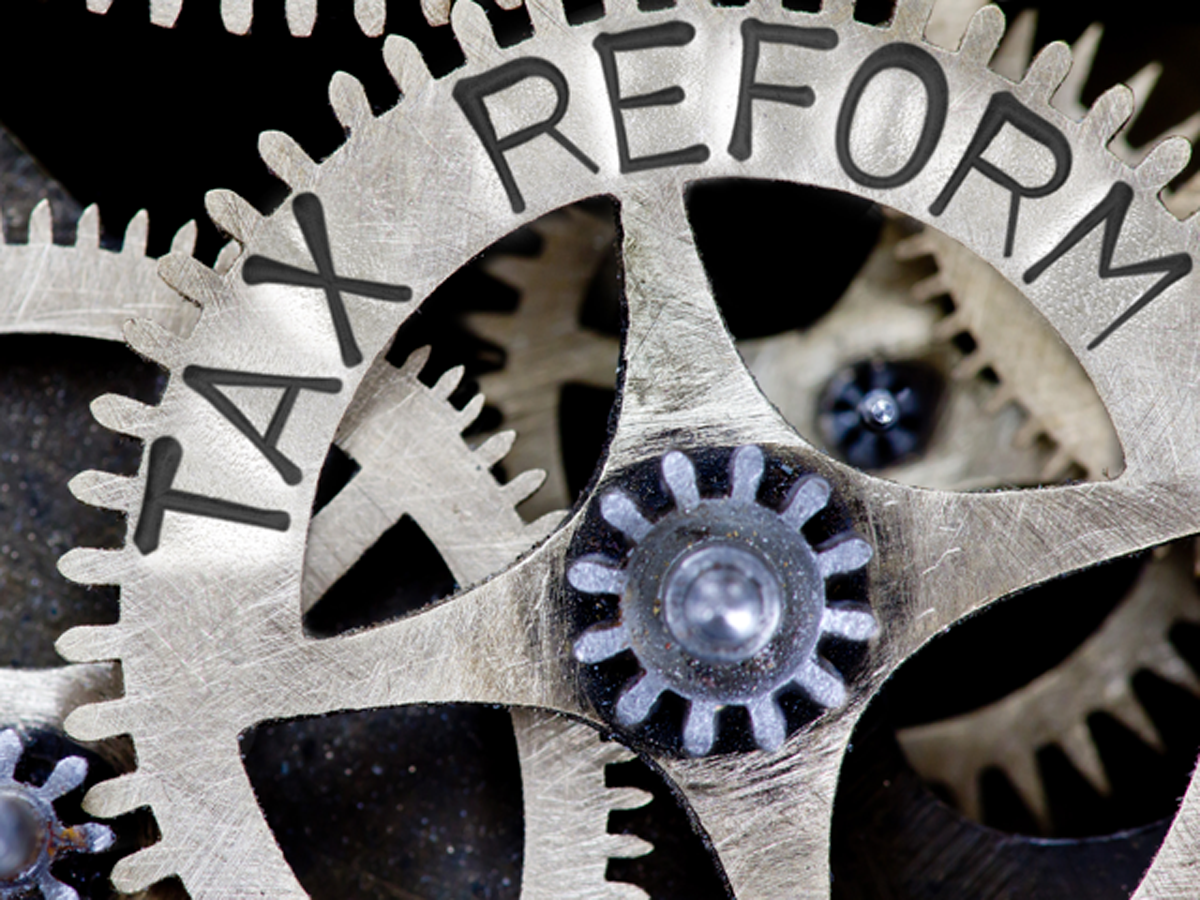In August, the government had ended its long-drawn battle with the telecom sector. It was when the retrospective tax was withdrawn and the sector had got a breather. In fact, in the wake of the detestable financial meltdown in 2008, the United States had to embrace the emergency legislation.
The program was undertaken by the US government to effectively bail out private banks and institutions in its economy and to clean their indebted accounting books. It is to be noted that TARP scheme implementation involves strategy, resolution, and conviction.

India, in the last two months, has taken significant steps to ramp up FDI in India coupled with efforts to move up a notch in ease of doing business scale. These significant economic decisions that were taken were the setting up of bad banks to clean the accounting books of the financial or the banking sector and secondly, the government had ended the long-drawn, ineffective retrospective tax.
Call it conviction or right strategy, but it cannot be denied that the call was taken under the Modi government even though all these moves had been discussed time and again in the past. Scrutinizing history, it can be known that these measures had been jettisoned given the challenges that were involved and the risks of moral hazard.
The telecom sector witnessed an attitudinal change
If one looks back at the recent Indian policy, especially post-pandemic policies, it is to be noted that the Prime Minister has been pushing the focus towards reviving the economy and providing impetus or momentum to it.
In addition to this, with the decisive actions that are being taken, the current government is also winning its political capital for its decisiveness and conviction for change. According to top officials, this decisiveness is now making a sharp attitudinal change at the leadership level.
If other theories are to be scrutinized, they suggest that the recent amendments in laws and initiatives to promote ease of doing business have been undertaken to soften the blow of the pandemic that had ravaged the economy, especially the corporate sector that is still reeling under its effect.
But this gives rise to a pertinent question that why can’t a country like India enjoy the luxury of printing more currency like that of developed countries like the US? It is to be noted that India, being a developing economy, unlike the US, cannot easily print currency because it has serious ramifications that do not materialize in the case of the developed economy.
This is mainly due to the reason of limited fiscal space. Due to this, more innovativeness needs to be incorporated into the system. This can be incorporated by identifying and removing bottlenecks and infuse positive business sentiments in the economy. This also involves infusing confidence in the businesses in order to build their appetites so that investments in the economy grow and more FDI are attracted in the economy.
Emphasis on core domestic manufacturing
If the policies are scrutinized, it can be effectively seen that there is a broader inclination towards building a stronger Indian economy. In the government’s pursuit to ramp up the economy, it can be seen that the emphasis has been laid on core domestic manufacturing.

This can be corroborated by the fact that India has unveiled many economic policies like the PLI scheme in order to ramp up economic and business sentiments in the economy. In fact, according to the government, it had been analyzed that the economy is recovering at a much faster pace than the pace at which it had significantly contracted during the pandemic the previous year.
This can be attributed to the fact that even when the global supply chains around the world were severed, India was undertaking reforms to capture the global market by making the country more investment-friendly. This has worked phenomenally too as India has recorded the highest ever FDI flows for the financial year 2021.
The need to make India more investment-friendly
It is no news that China and America’s trade war and geopolitical tensions have rendered the economic power of China to recede. With high tariff rates against China, many countries that were situated there had planned to move out during the pandemic.
Most of the companies or industries had moved to Indonesia, given the ease of doing business there. Taking the advantage of the position, India too had tried to make its premises more investment-friendly in order to capture the market that was leaving China. The efforts of India were in fact first seen when corporate rates were decreased in the economy.

But it is to be noted that since the onset of the pandemic, the attitudinal change is much more apparent in recent months.
Some of the credit for more efficient and faster laws can be given to the farm laws protests that had gained traction and had seen the rise in the slogans like ‘hum do, hamare do’. Thus it can be rightly stated that it is in this backdrop that the telecom package that was released recently gains significance.
With the given rise of rage in the social structure of the country against privatization, the newer telecom package, given the interest dues of Vodafone India Ltd, will enable the government to pick up a substantial 30 percent stake in the third-largest private telecom company. Thus, one can say it has been a prompt move to quell dissent in the economy.
This will in fact be undertaken while protecting the government’s dues and finances and the consumers from the adverse impact of a duopoly. The debacle of Vodafone, which if had materialized, would have led to the rise of Reliance and Airtel in the market, which could have led to a duopoly which would have not materialized well for the customers.
Edited by Sanjana Simlai.




